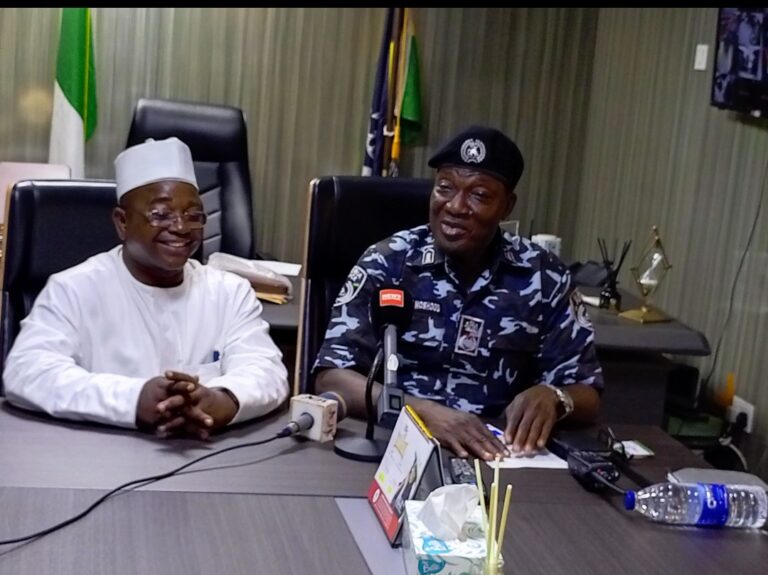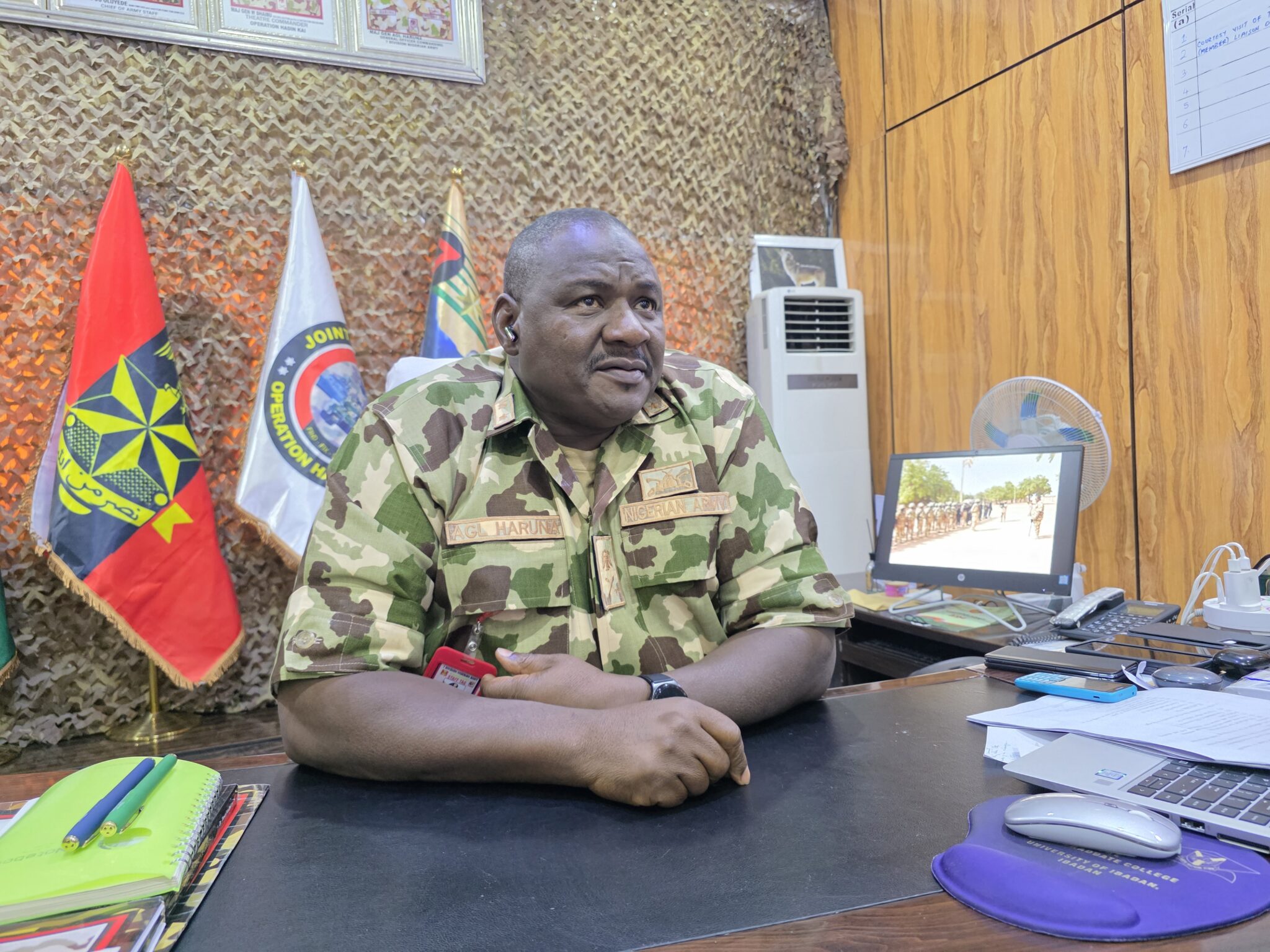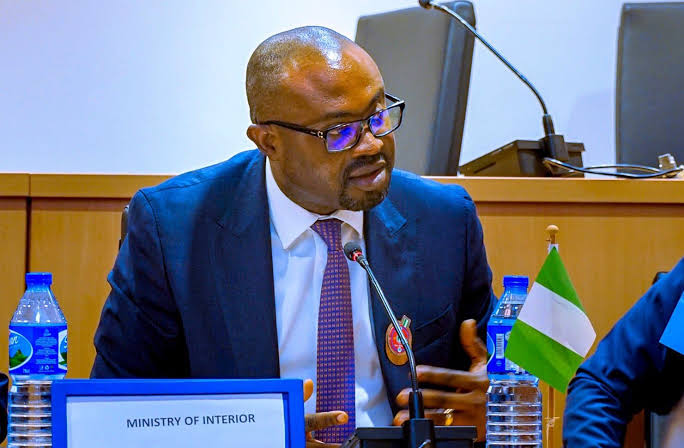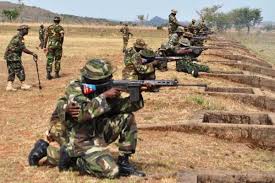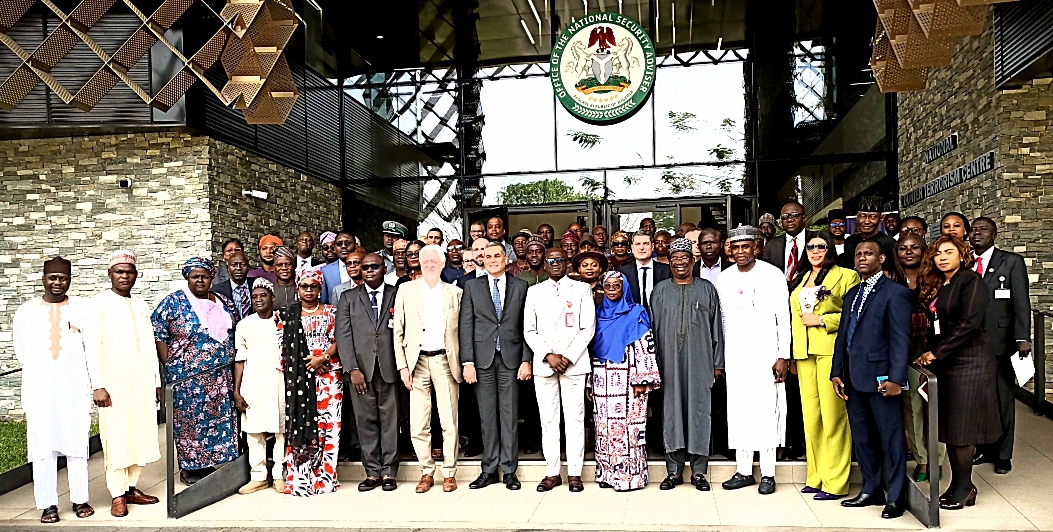NECO to establish examination centres for police
By Deborah Akpede
The Registrar of the National Examinations Council (NECO), Prof. Dantani Wushishi, has promised to establish examination centres for the police in Lagos State.
He made the promise during a courtesy visit to the Commissioner of Police, Lagos State Command, Mr Olohundare Jimoh, at the Command Headquarters in Ikeja.
Wushishi said that NECO would consider establishing six centres for police families to access the examination.
“NECO conducts five different examinations: National Gifted Examination which is the examination for placement into Federal Government Academy, Suleja; National Common Entrance Examination; the Basis Education Certificate Examination.
“Others are Senior Secondary Certificate Examination (internal); and Senior Secondary School Certificate (external) for private candidates, this is an examination that requires students, who have not been able to make credits requirement for admission into tertiary institutions, to sit and make up the required credits.
“We conduct these types of examination in the sense that any candidate can apply; we have centres specially designated that candidates can choose as close to the residence of the candidates.
“All police families can fix into the categories of examinations,” he said.
Wushishi said that the board would send its men to the locations the Lagos State Command wanted its centres to be established.
“We will send our men to look out some of the facilities that will require such centres to be available for approval.
“By the grace of God, we are going to do that, it is very important because the Nigeria Police is serving the nation and their children must have easy access to examinations to remediate their failed subjects to be able to further their education.
“The request is very important to the police and their children and also for the nation.
“It is duty bound on the nation to take access to education very easy and this is one of the ways we can provide access to police children that have passed Senior Secondary School and waiting to mediate their results.
“As fast as we received the request from the police, we will send our men to access the area centres that the command wants us to approve for examination centres,” he said.
According to him, NECO’s challenge is funding in the area of provision of some physical infrastructure such as offices and some other things to make conductive office work easy.
He thanked the Police for carrying out security surveillance and physical security during its examinations.
“We have examination intelligence committee, this is our covered committee, it has to do with examination infringement investigation; the committee is collaborating with the police to successfully apprehend those partaking in examination malpractice,” he said.
According to him, Lagos is one of the largest states that provides the largest number of candidates.
“Lagos provides second largest candidates for Senior Secondary School Certificate Examination (SSCE) internal after Kano State.
“Last year, Lagos provided over 98,000 candidates for the SSCE, second to Kano that provided over 104,000 candidates.
“Our collaboration with Nigeria Police has been on for a very long time. The police have been assisting NECO to conduct examination peacefully, mounting surveillance and mounting security.
“We have a lot of places we conduct examination in Lagos and the police have been cooperating with us,” he said.
He congratulated the new CP for his new appointment and wished him the best of luck.
CP Jimoh said that the collaboration between police and NECO would continue.
“Lagos Police and NECO have been collaborating and will continue this partnership. This collaboration has been going on for years, examination security has been one of the responsibilities of the police.
“We have been working with the Intelligence Department in NECO to ensure that planning for securing examination conduct in the pre-examination period, examination period, and post-examination period has been going on smoothly.
“We will double our commitment to NECO and take it to higher level, we are ready to give NECO all the cooperation it deserves,” he said.
According to him, the six locations picked for the establishment of NECO centres are the areas of need, three centres on the Island and three on the Mainland; these locations are close to populated areas where police families are much in number.
“We know this will be granted and it will be far reaching in enhancing the police children, wards and families have access to the centres close to where they are living,” he said. (NAN)(www.nannews.ng)
Edited by Benson Iziama




